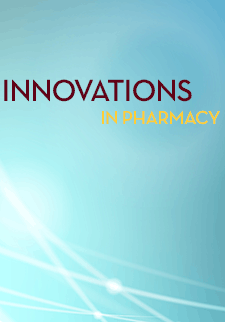The Positive Association between Proton Pump Inhibitors and Clostridium Difficile Infection
Dania Tawam
Fairleigh Dickinson University School of Pharmacy and Health Sciences
Michael Baladi
Fairleigh Dickinson University School of Pharmacy and Health Sciences
Paiboon Jungsuwadee
Fairleigh Dickinson University School of Pharmacy and Health Sciences
Grace Earl
Fairleigh Dickinson University School of Pharmacy and Health Sciences
Jayoung Han
Fairleigh Dickinson University School of Pharmacy and Health Sciences
DOI: https://doi.org/10.24926/iip.v12i1.3439
Keywords: Clostridium difficile infection, proton pump inhibitors, review
Abstract
Background: Proton pump inhibitors (PPIs) are among the most commonly used medications by patients due to its availability over the counter and frequent prescribing by physicians to treat and alleviate symptoms of gastroesophageal reflux disease. Recently, the FDA issued a warning with respect to the utilization of PPIs and risk of developing Clostridium difficile infections (CDI). The most commonly known medications to cause CDI are antibiotics. However, available studies suggest an association and increase in risk for CDI with PPI use as well.
Objective: The purpose of this research is to review and summarize data currently available on the association between PPIs and CDI.
Methods: To search for eligible studies, EBSCO engines were investigated using proton pump inhibitors or PPIs and Clostridium difficile or C. diff. as search terms. Meta analyses and systematic reviews published between 2000 and 2020 on adult patients were considered.
Results: Eight meta-analyses and systematic reviews met the inclusion criteria. They included studies conducted in the US, Europe, Asia and Canada on inpatient and outpatient adults. The final result for all 8 studies showed a statistically significant association between PPIs and CDI ranging from mild to high risk.
Conclusion: Currently available data suggest a positive association between PPIs and CDI.



